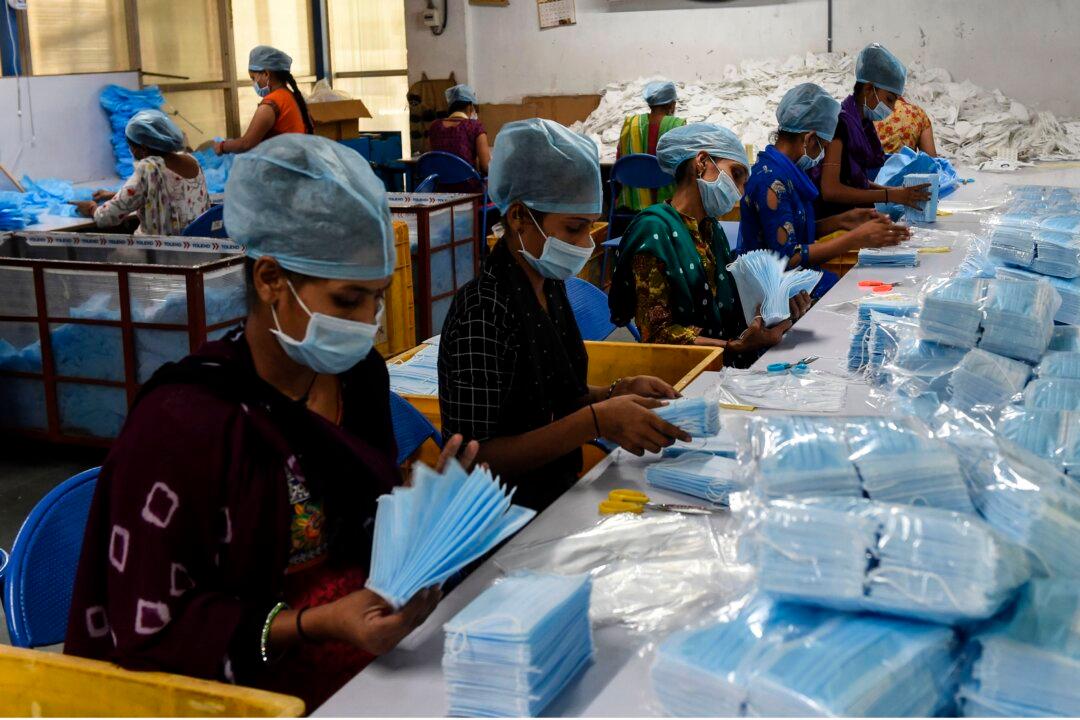WASHINGTON—Foreign direct investment flows worldwide plunged last year due to the pandemic, which caused severe economic disruptions and forced companies to halt or delay investment decisions. United Nations data showed that developed countries including the United States saw the biggest decline in investment flows.
Global foreign direct investment (FDI) fell by 42 percent in 2020 to an estimated $859 billion, the lowest level since the 1990s, according to a new report by the United Nations Conference on Trade and Development (UNCTAD).





